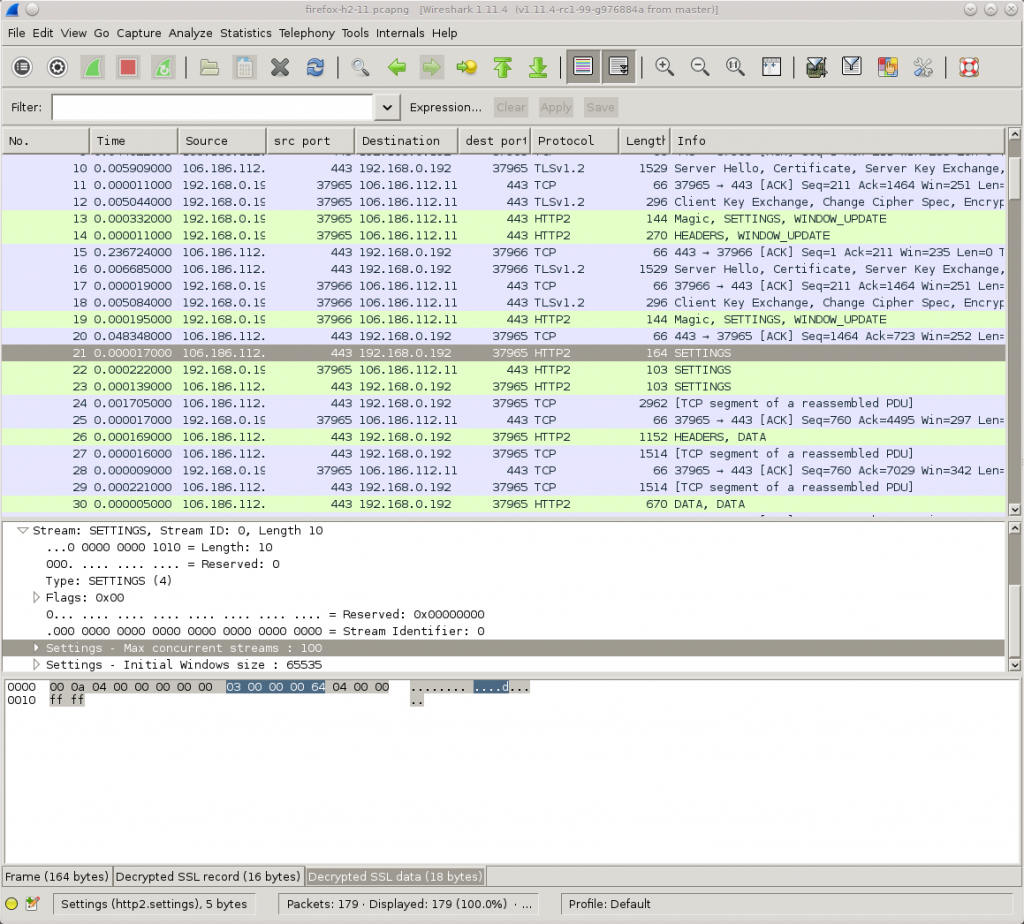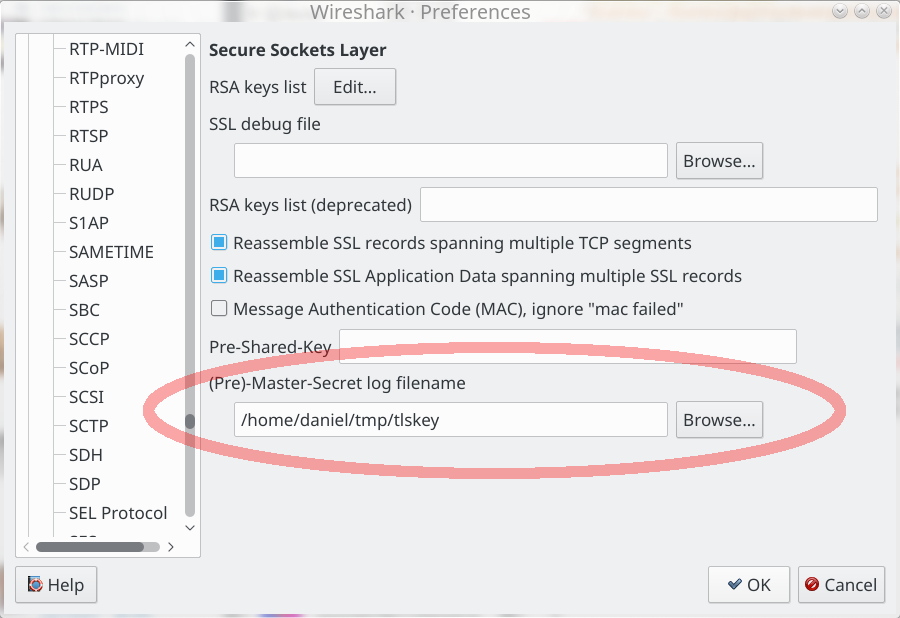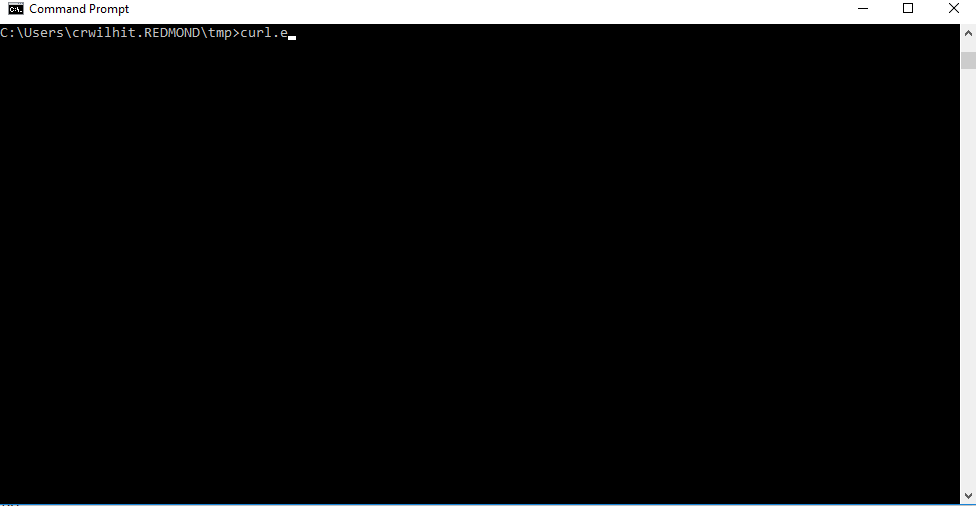The other day we noticed some curl test case failures, that only happened on macos and not on Linux. Curious!
The failures were detected in our unit test 1307, when testing a particular internal pattern matching function (Curl_fnmatch). Both targets run almost identical code but somehow they ended up with different results! Test cases acting differently on different platforms isn’t an extremely rare situation, but in this case it is just a pattern matching function and there’s really nothing timing dependent or anything that I thought could explain different behaviors. It piqued my interest, so I dug in.
The isalnum() return value
Eventually I figured out that the libc function isalnum(), when it got the 8 input value hexadecimal c3 (decimal 195), would return true on the macos machine and false on the box running Linux with glibc!
int value = isalnum(0xc3);
Setting LANG=C before running the test on macos made its isalnum() return false. The input became c3 because the test program has an UTF-8 encoded character in it and the function works on bytes, not “characters”.
Or in the words of the opengroup.org documentation:
The isalnum() function shall test whether c is a character of class alpha or digit in the program’s current locale.
It’s all documented – of course. It was just me not really considering the impact of this.
Avoiding this
I don’t like different behaviors on different platforms given the same input. I don’t like having string functions in curl act differently depending on locale, mostly because curl and libcurl can very well be used with many different locales and I prefer having a stable fixed behavior that we can document and stand by. Also, the libcurl functionality has never been documented to vary due to locale so it would be a surprise (bug!) to users anyway.
We’ve now introduced a private version of isalnum() and the rest of the ctype family of functions for curl. Hopefully this will make the tests more stable now. And make our functions work more similar and independent of locale.
See also: strcasecmp in Turkish.











